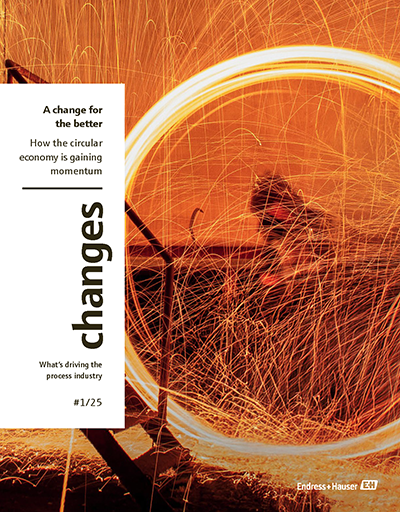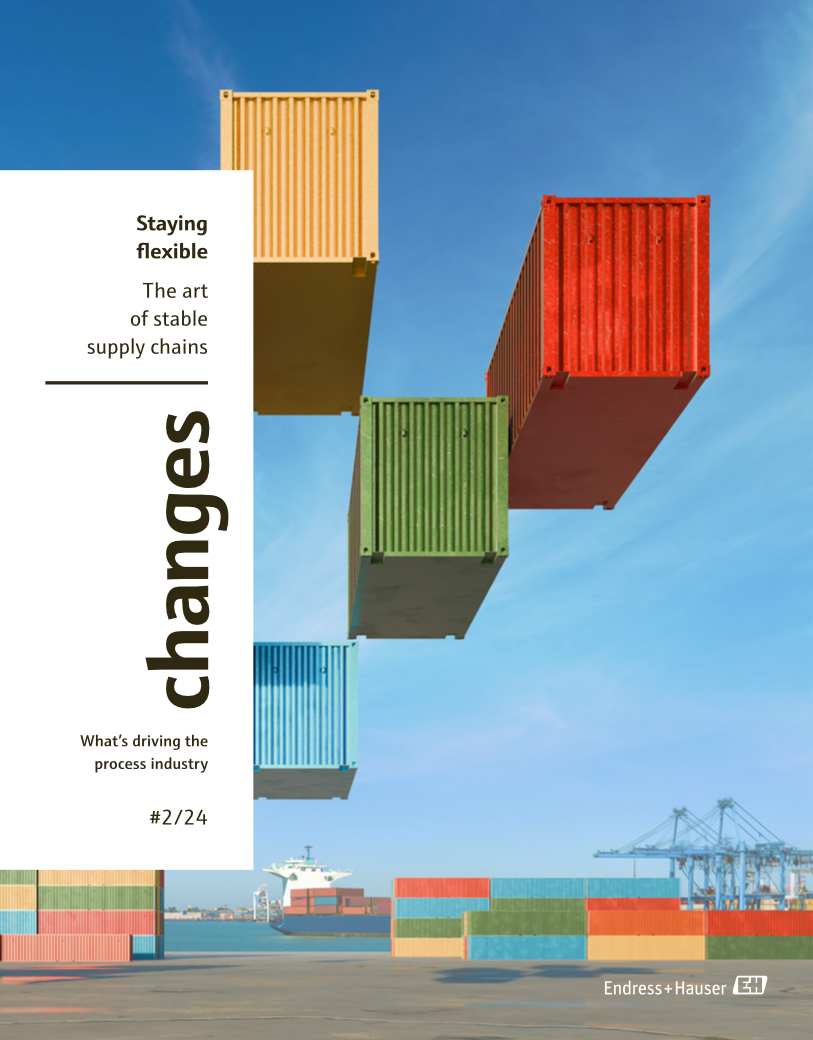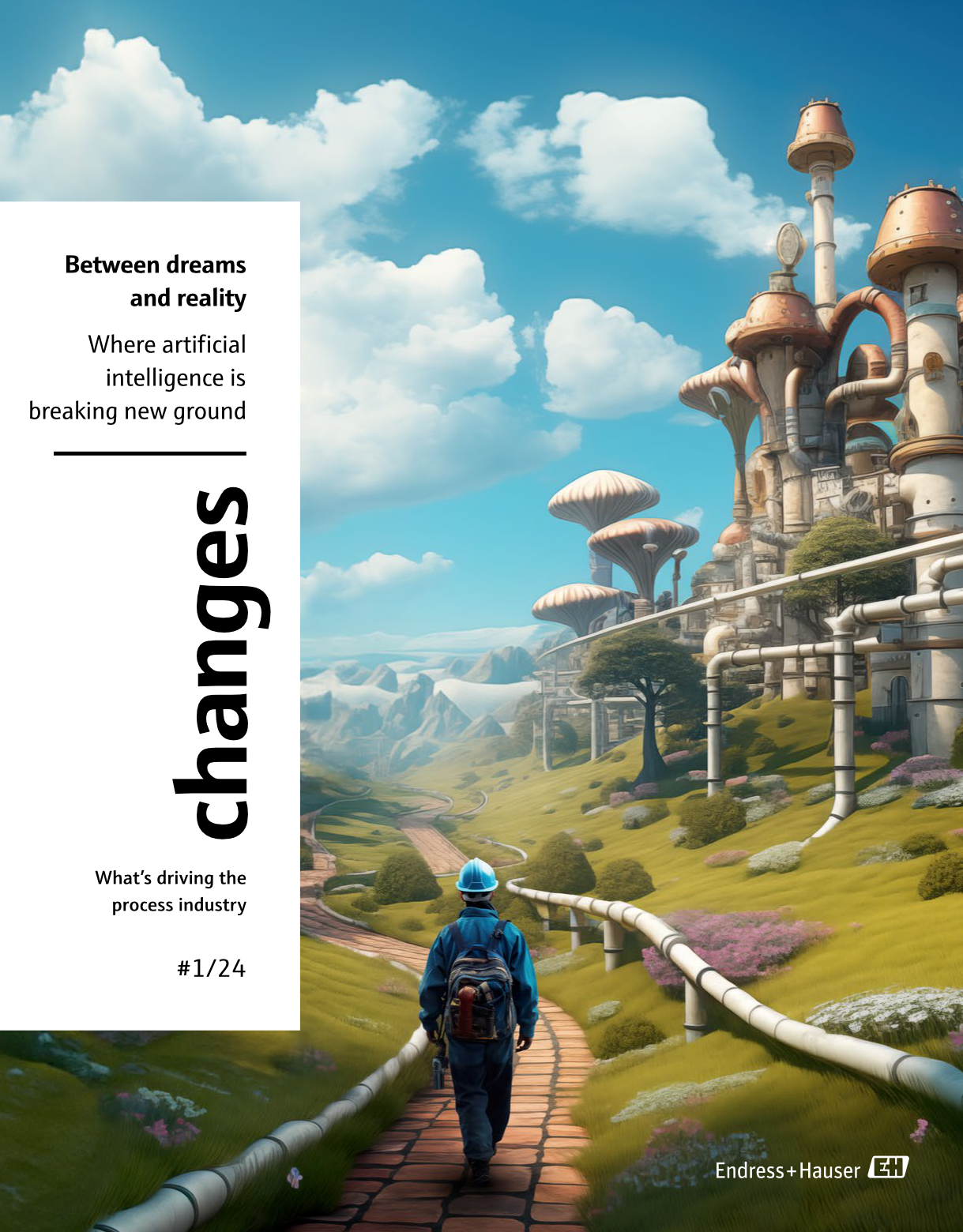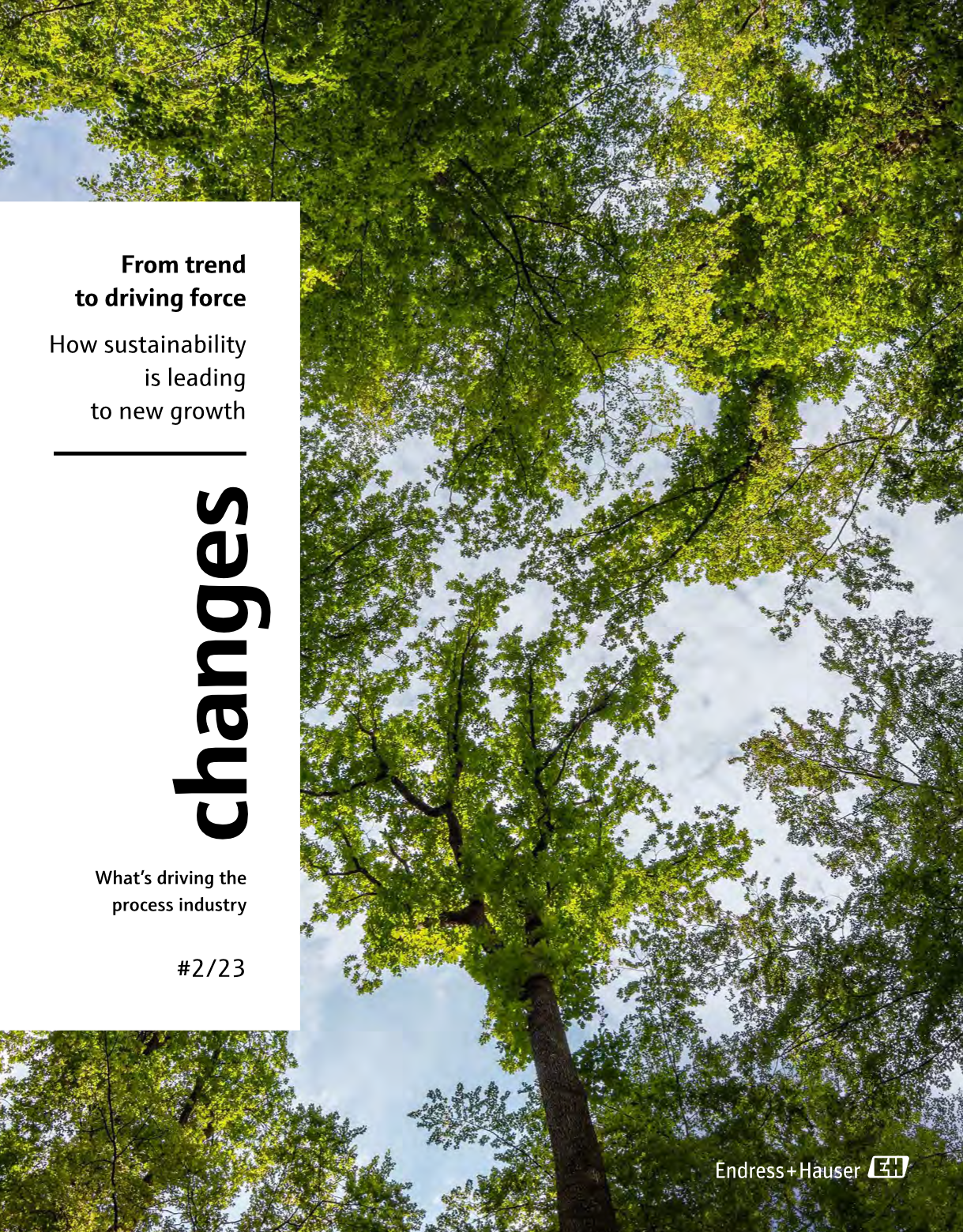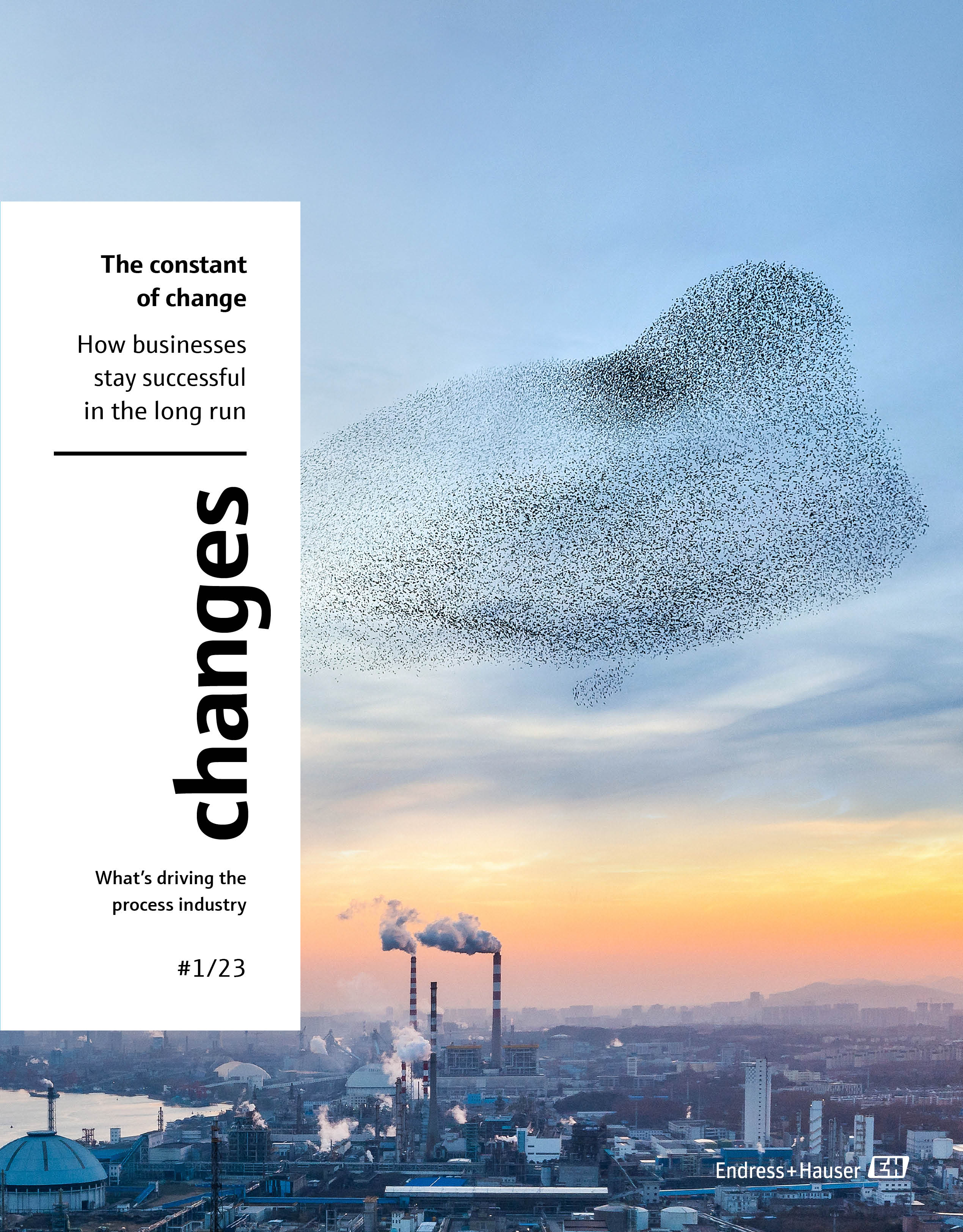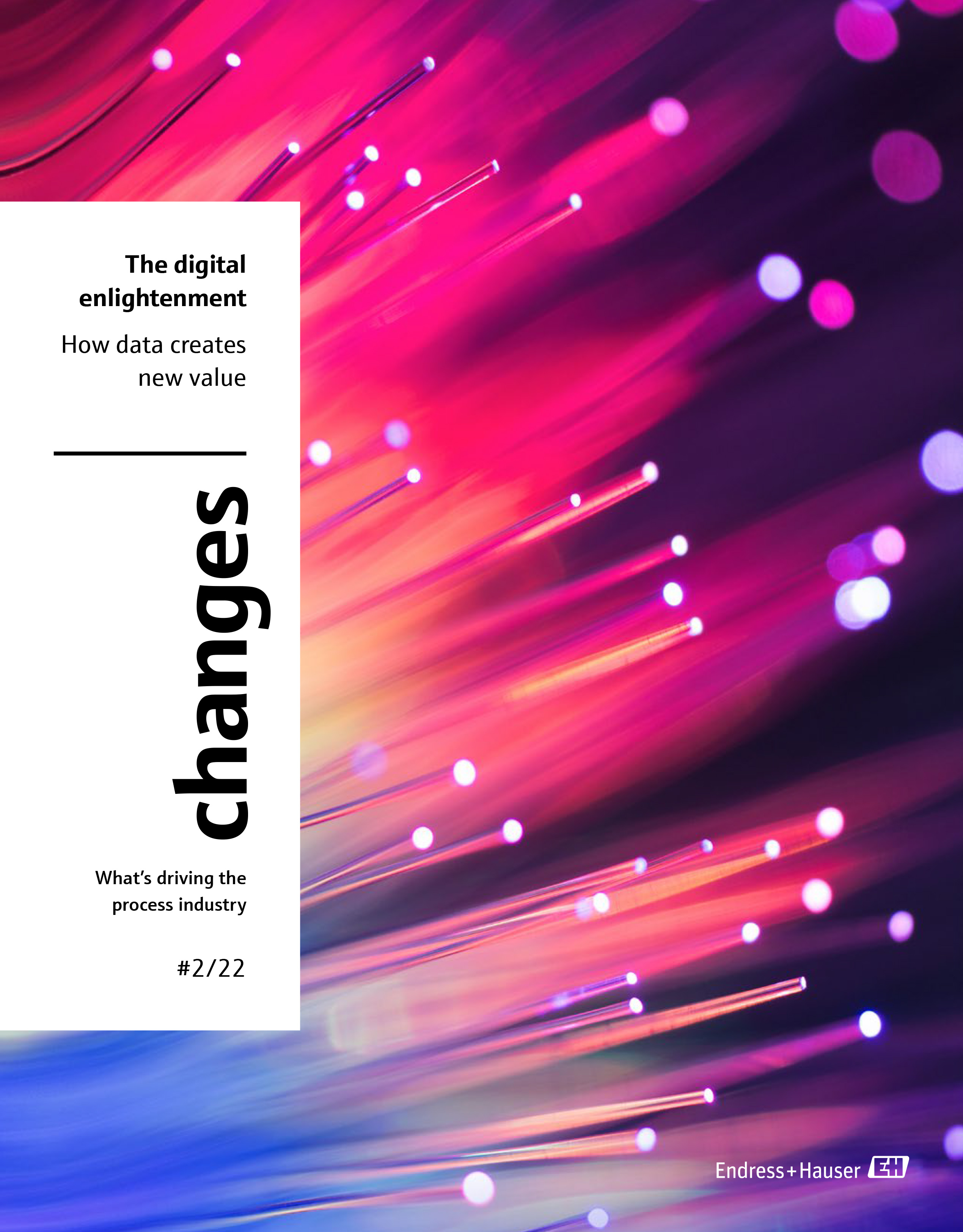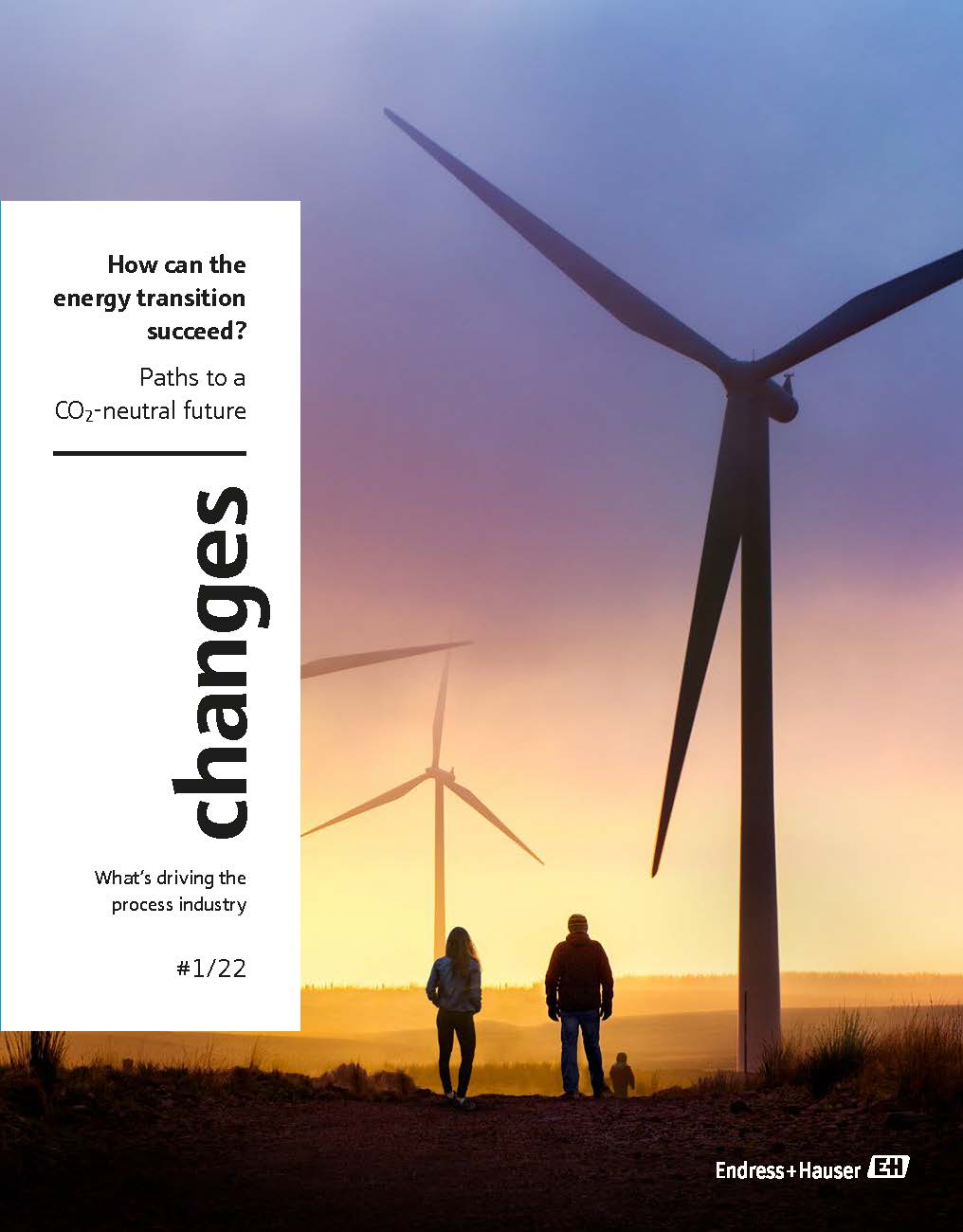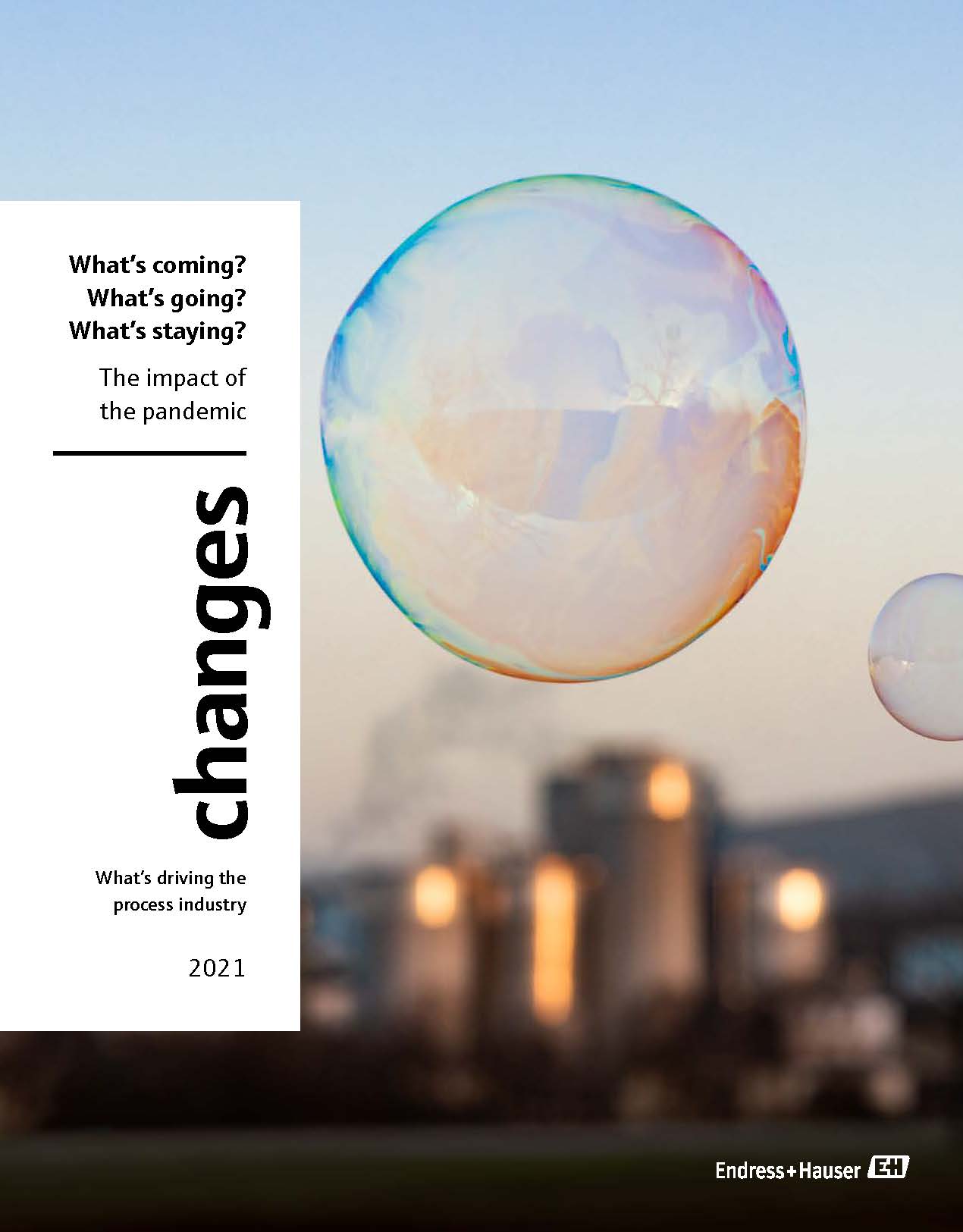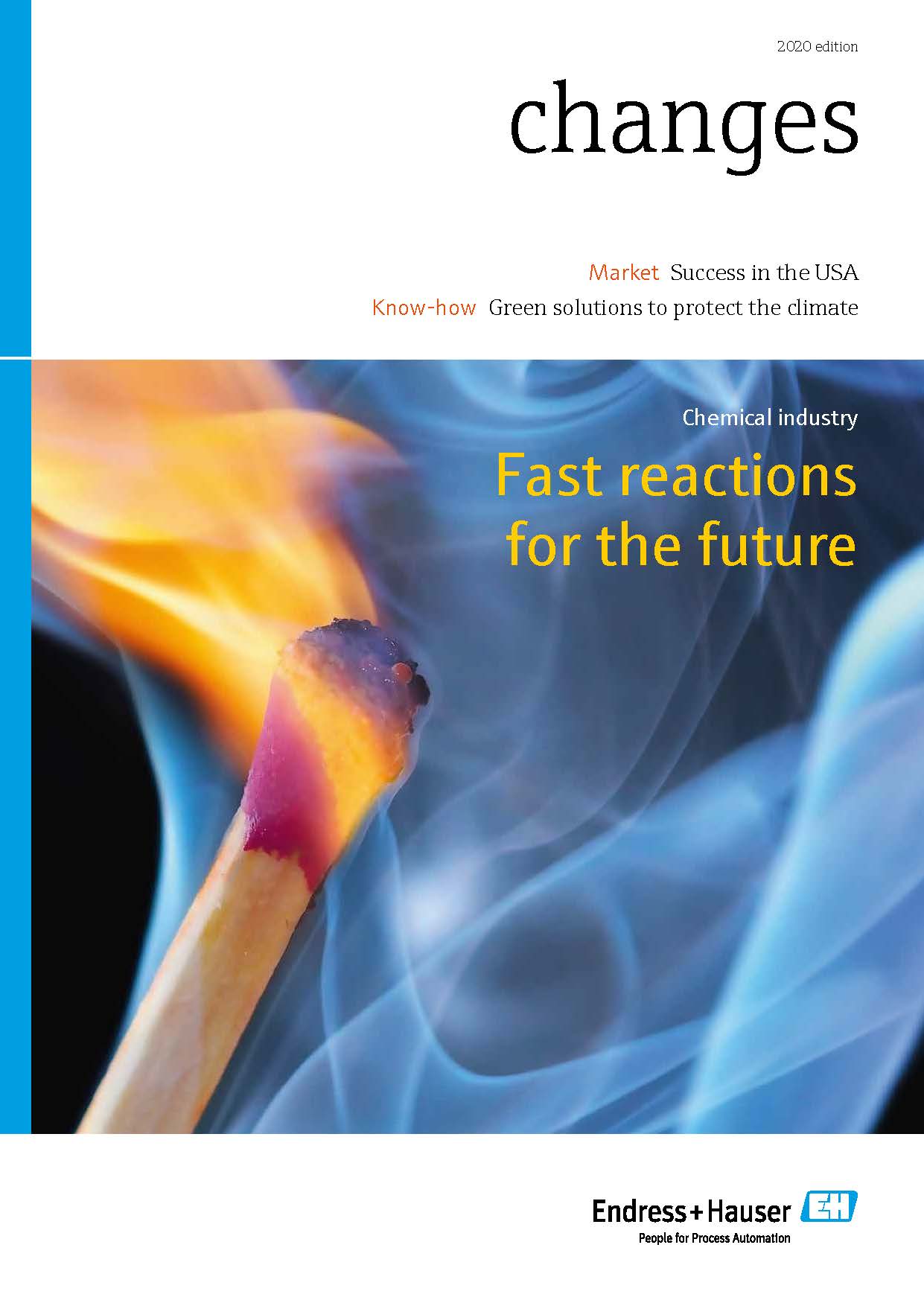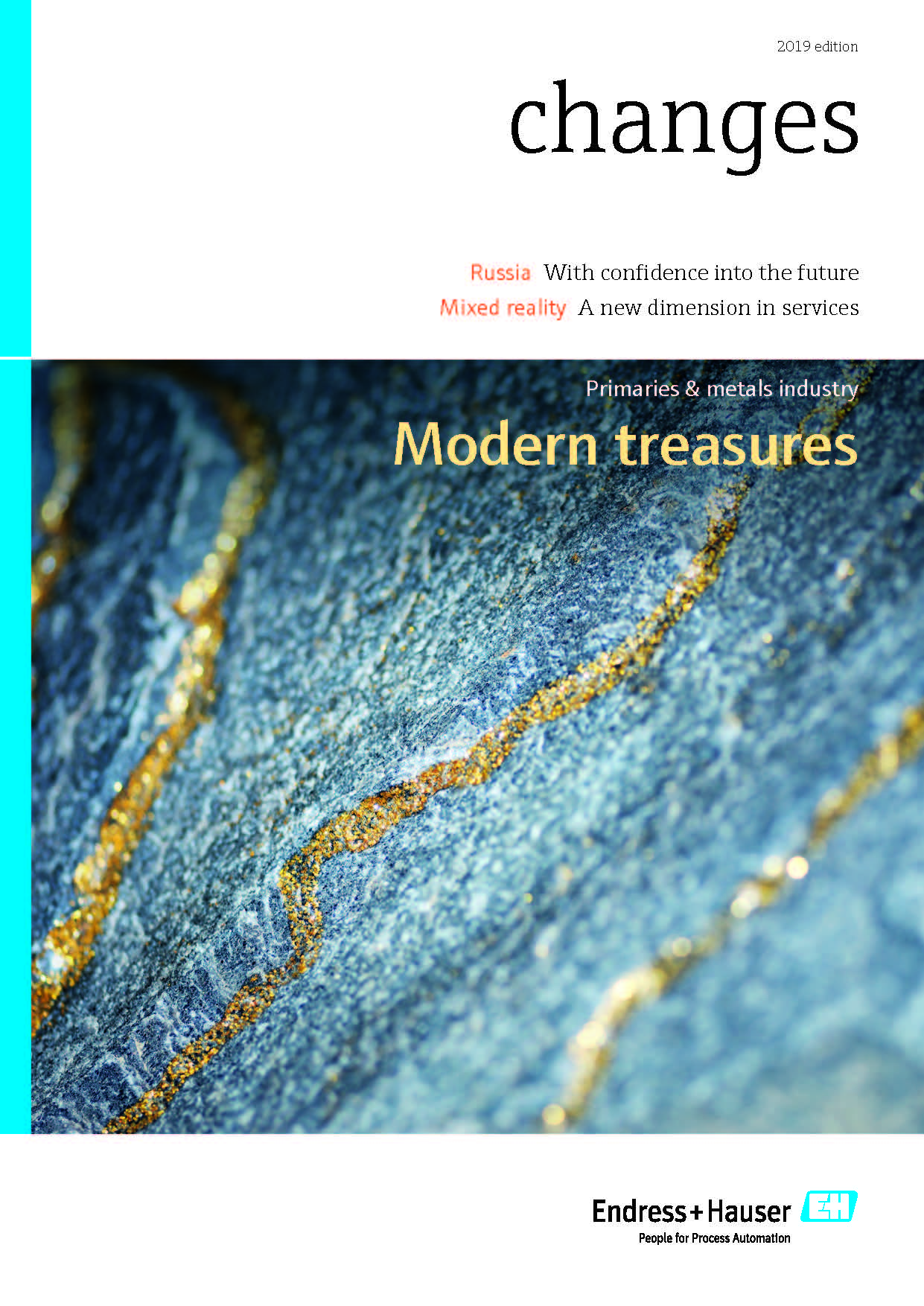Inspiration from space
Constructing a Mars Rover like the scientists at NASA? The European Rover Challenge, a competition for university students, makes it possible. A team from the University of Applied Sciences and Arts Northwestern Switzerland placed second - with the help of four young Endress+Hauser employees.
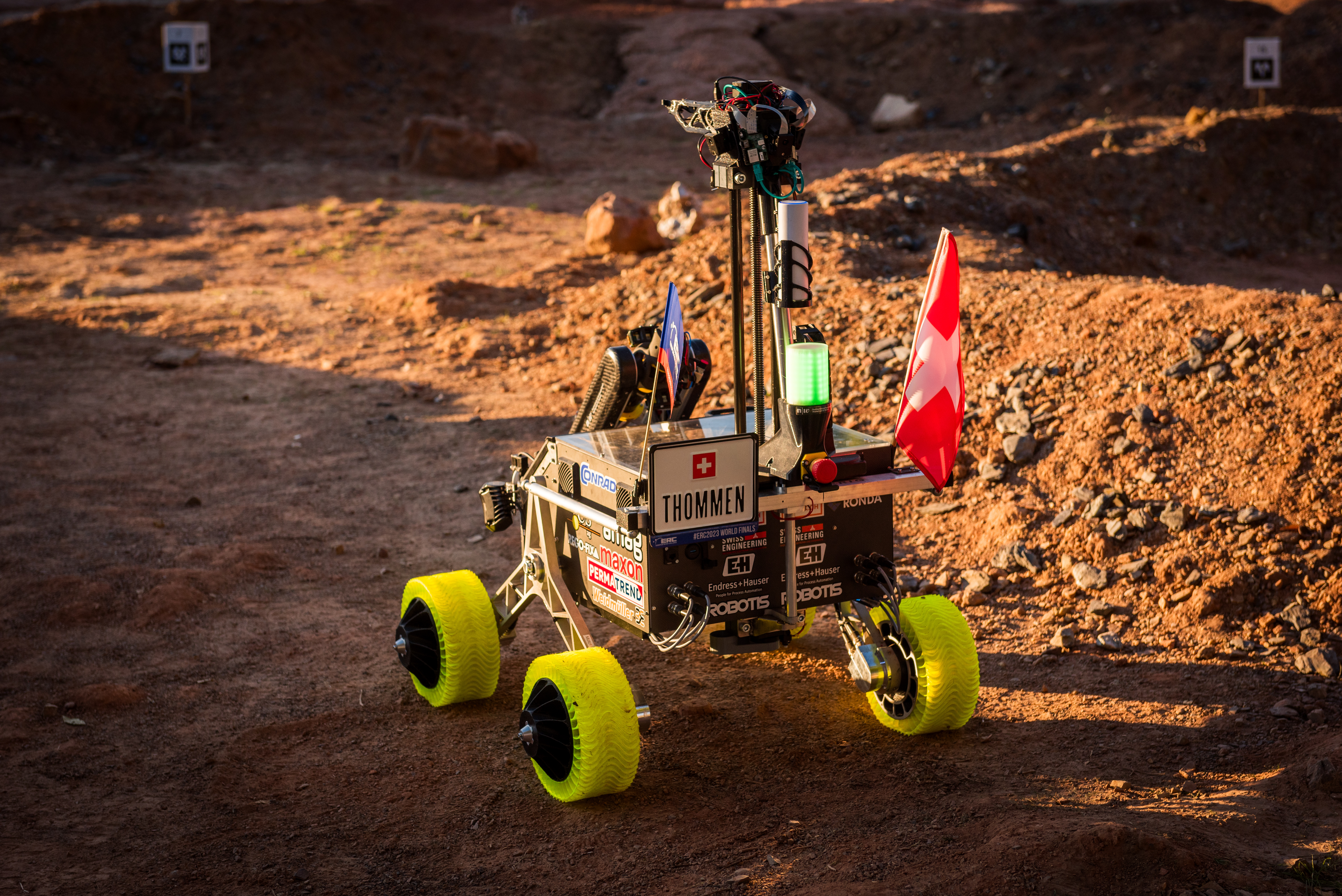
Under the motto “We inspire a new generation”, the goal of the European Rover Challenge is to generate excitement for space travel and promote the importance of advanced technologies. The University of Applied Sciences and Arts Northwestern Switzerland (FHNW) participated in the 2023 competition with a team of 22 students from various disciplines, ranging from computer science and mechanical engineering, to electronics engineering and information technology. Endress+Hauser employees Joel Becker, Daniel Richner, Nadine Richard and Pascal Weber brought their skills and technical know-how to the team to help solve the complex task. The students collaborated on their Mars Rover for months, from the first drawings to the technical documentation. At the end of the day the team from FHNW achieved an outstanding result by placing second in the international university competition. In an interview Joe Becker und Pascal Weber, project managers for the team, talked about their experience and insights.
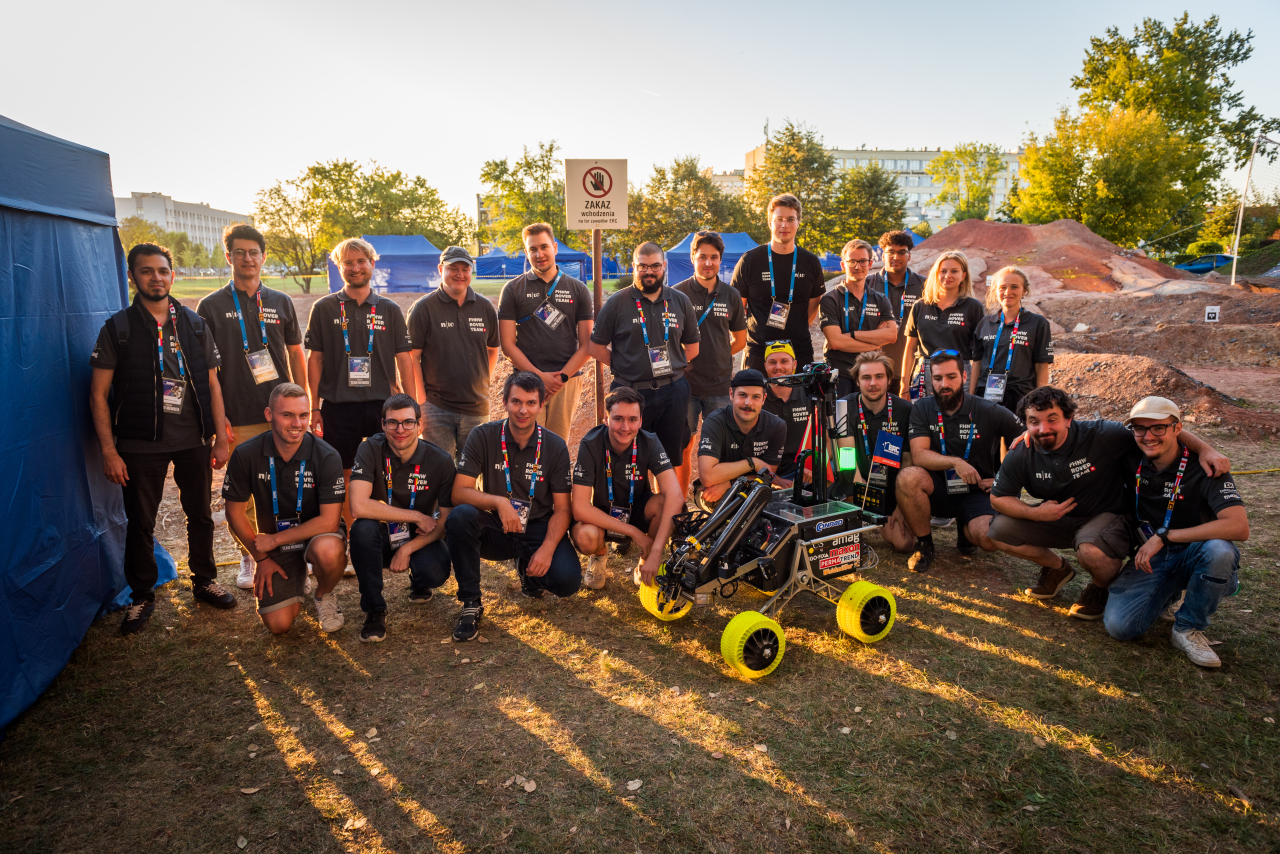
The team of University of Applied Sciences and Arts Northwestern Switzerland participating in the 2023 European Rover Challenge
What was the motive behind your participation in the European Rover Challenge?
Pascal: I learned about the project from students in the higher level semesters. What persuaded me to join the team was the opportunity to work on an interdisciplinary project, as well as the freedom the FHNW offers in this environment, together with the responsibility that comes with such a project. As an international competition, the European Rover Challenge furthermore offers a terrific opportunity to establish new contacts and get to know people from different parts of the world.
Pascal Weber, Student at Endress+Hauser
Were you able to utilize the experience and insights you gained from the Rover Challenge in your job at Endress+Hauser?
Joel: I gained valuable experience, particularly in terms of project management. I was able to manage the project together with Pascal Weber. Coordinating 22 students from various degree programs was not always easy, because apart from the project activities, we also had lectures, which meant we were not always available. The insights I gained into project management and collaboration definitely benefit me in my professional work environment at Endress+Hauser. The Rover Challenge required agreements with various external partners, including marketing, administrators at FHNW and our sponsors. The skills I acquired here are certainly advantageous for my job at Endress+Hauser.
Joel Becker, Embedded Hardware & Software Engineer at Endress+Hauser
In turn, were you also able to bring your know-how, solutions or technologies from your work at Endress+Hauser to the Rover Challenge project?
Pascal: We benefitted greatly from our technical know-how and industry experience. The pragmatic approach in particular played a prominent role in this project given that time and resources were often scarce. Our project management know-how and the ability to implement projects in industry proved highly beneficial. This allowed us to develop goal-oriented solutions and deal with problems in an efficient manner.
What role do collaboration and team work play in the success of your Rover team?
Joel: Collaboration and team work are extremely important for us. For the Rover project, the activities are usually divided into different packets. Students from various degree programs are often involved in the individual work packets. For example: mechanical engineers design and produce the parts, electronics and information technology engineers develop the required electronics and computer scientists write the software code for controlling the components. Most of this takes place in parallel due to time constraints. Close collaboration and good coordination among all participants is imperative so that everything runs smoothly at the end.
The 2024 European Rover Challenge is on the horizon. What happens next?
Joel: Endress+Hauser wants to support the project again with personnel resources. Philipp Gurtner, another Endress+Hauser employee, will be part of the current FHNW Rover team. Endress+Hauser supported the project in the past as a primary sponsor. We hope we can count on this support again. The experience from the 2023 European Rover Challenge showed that there is still room for improvement. Although our approaches were promising, our goal is nevertheless to autonomously design and automate even more elements and work flows for the Rover. We also want to develop a new chassis that enables precise control of the Rover. This innovation should help us increase our performance the next time.
Published 16.11.2023, last updated 21.11.2023.
Dive into the world of the process industry through new exciting stories every month with our «changes» newsletter!
